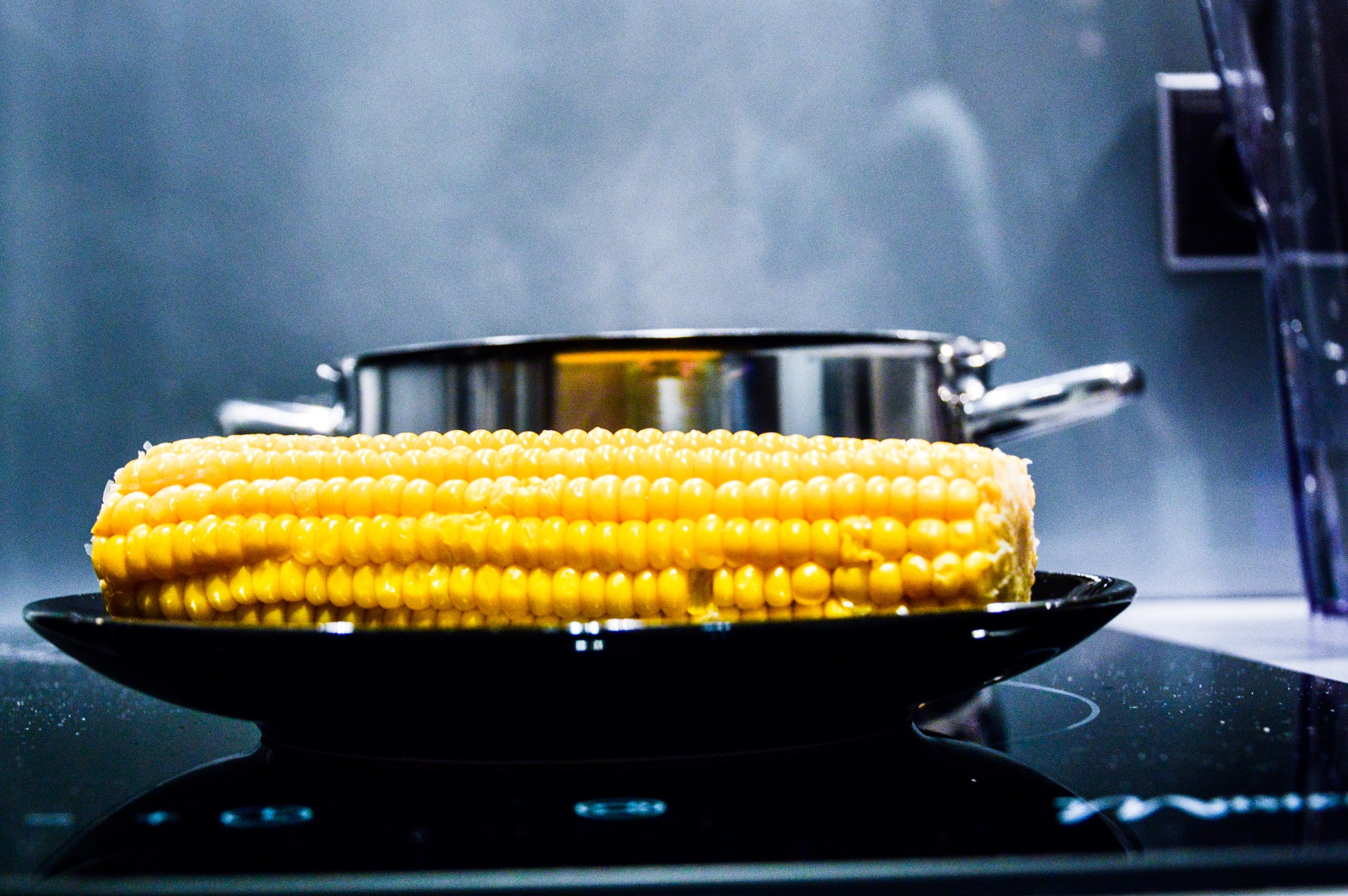U.S. farmers continue to plant corn despite the burgeoning stockpiles, even though crops won’t likely be profitable.
“It’s hard to get your head around the idea of doing something that you know will lose money, but I don’t have much choice,” Illinois farmer David Erickson, who can’t afford to leave land fallow and needs revenue to pay bills, told Bloomberg.
Corn prices in the Midwest now cost more to produce them, and U.S. farm income is headed for a 14-year low. Researcher AgResource Co. now estimates a $50 loss for every acre sown on average. The USDA previously forecast net farm income will drop to $54.8 billion this year, the lowest since 2002 and half the record of $123.3 billion in 2012.
The depressed soft commodity prices and lower farming income could weigh on the global agribusiness sector and related ETFs, including the Market Vectors Agribusiness ETF (NYSEArca: MOO), PowerShares Global Agriculture Portfolio (NYSEArca: PAGG), IQ Global Agribusiness Small Cap ETF (NYSEArca: CROP) and iShares MSCI Global Agriculture Producers ETF (NYSEArca: VEGI). The agribusiness ETFs track global agriculture sector companies, including about a 50% tilt toward the U.S., along with 20% in Europe and 20% in across Asia. The agricultural business provide products like fertilizers, agricultural chemicals, farming machinery, packaged foods and meats.
Teucrium Corn Fund
